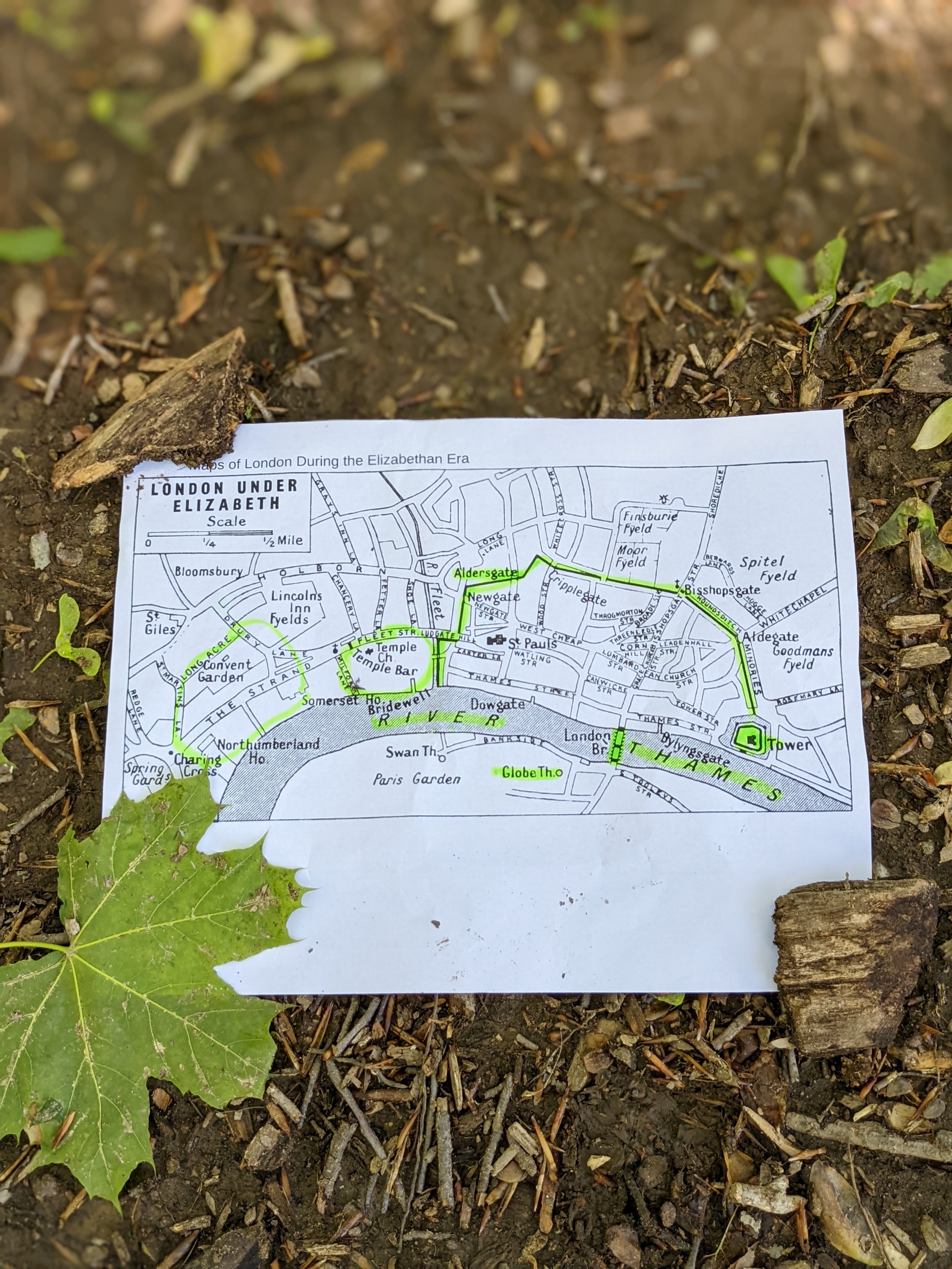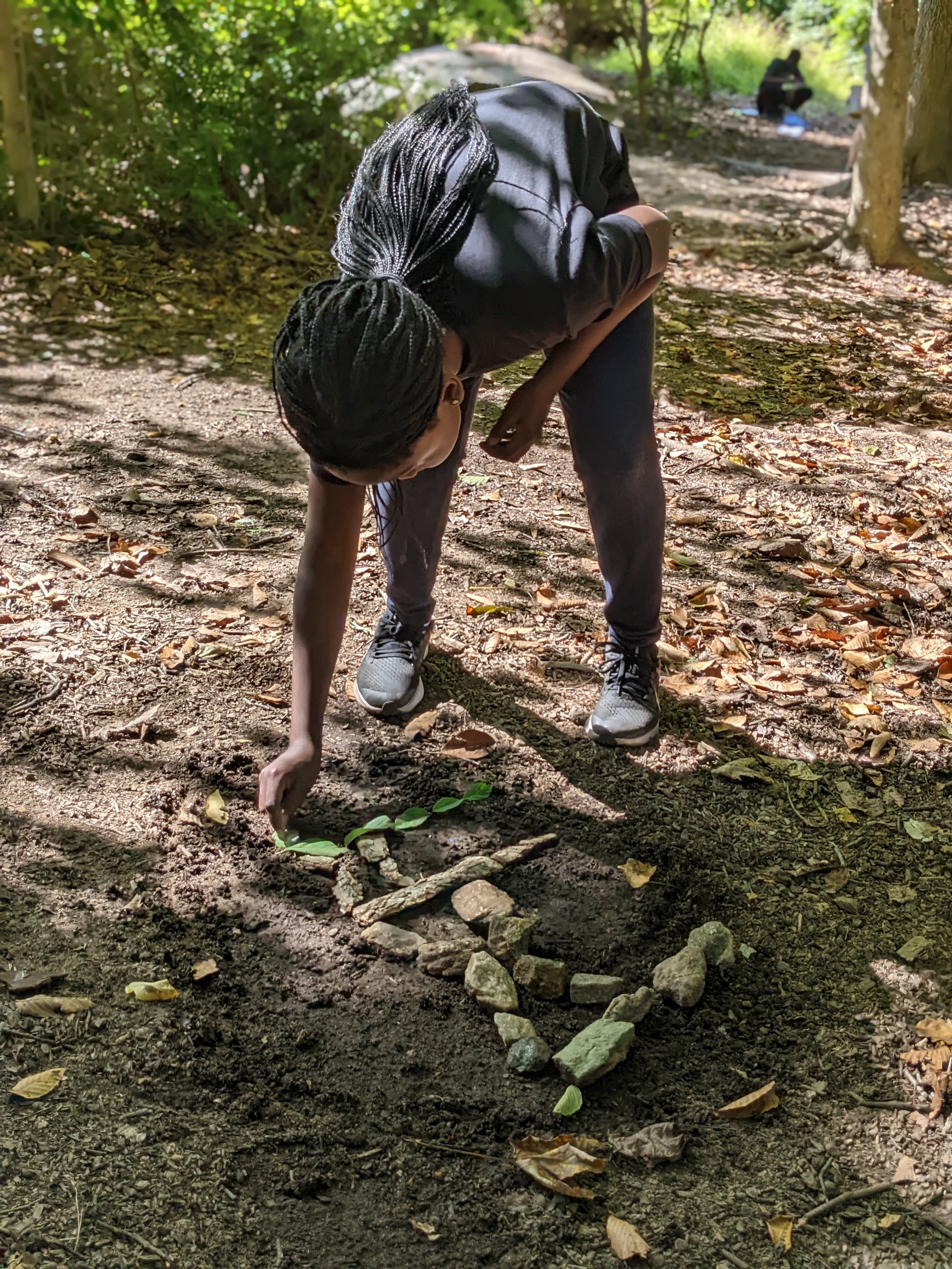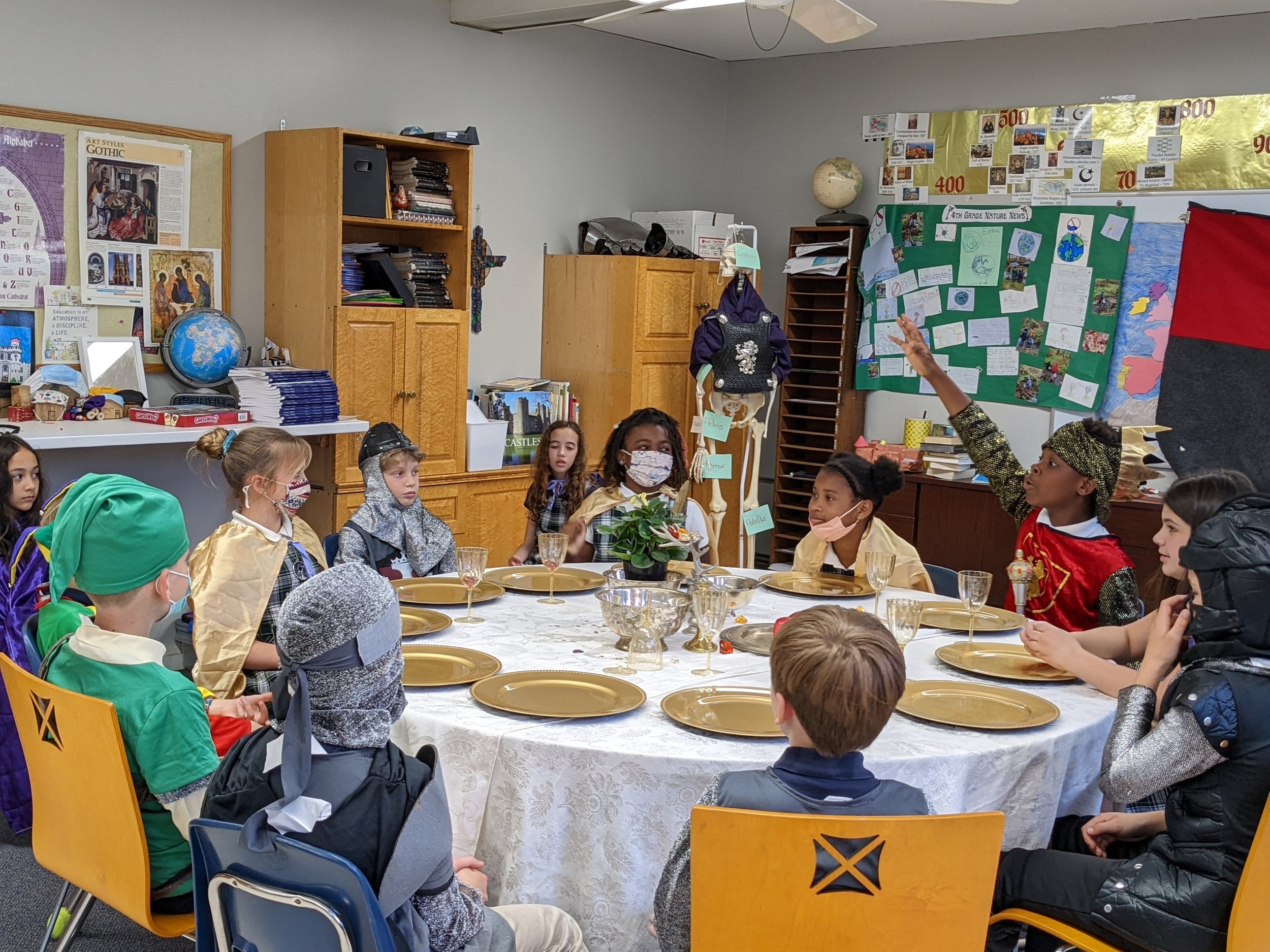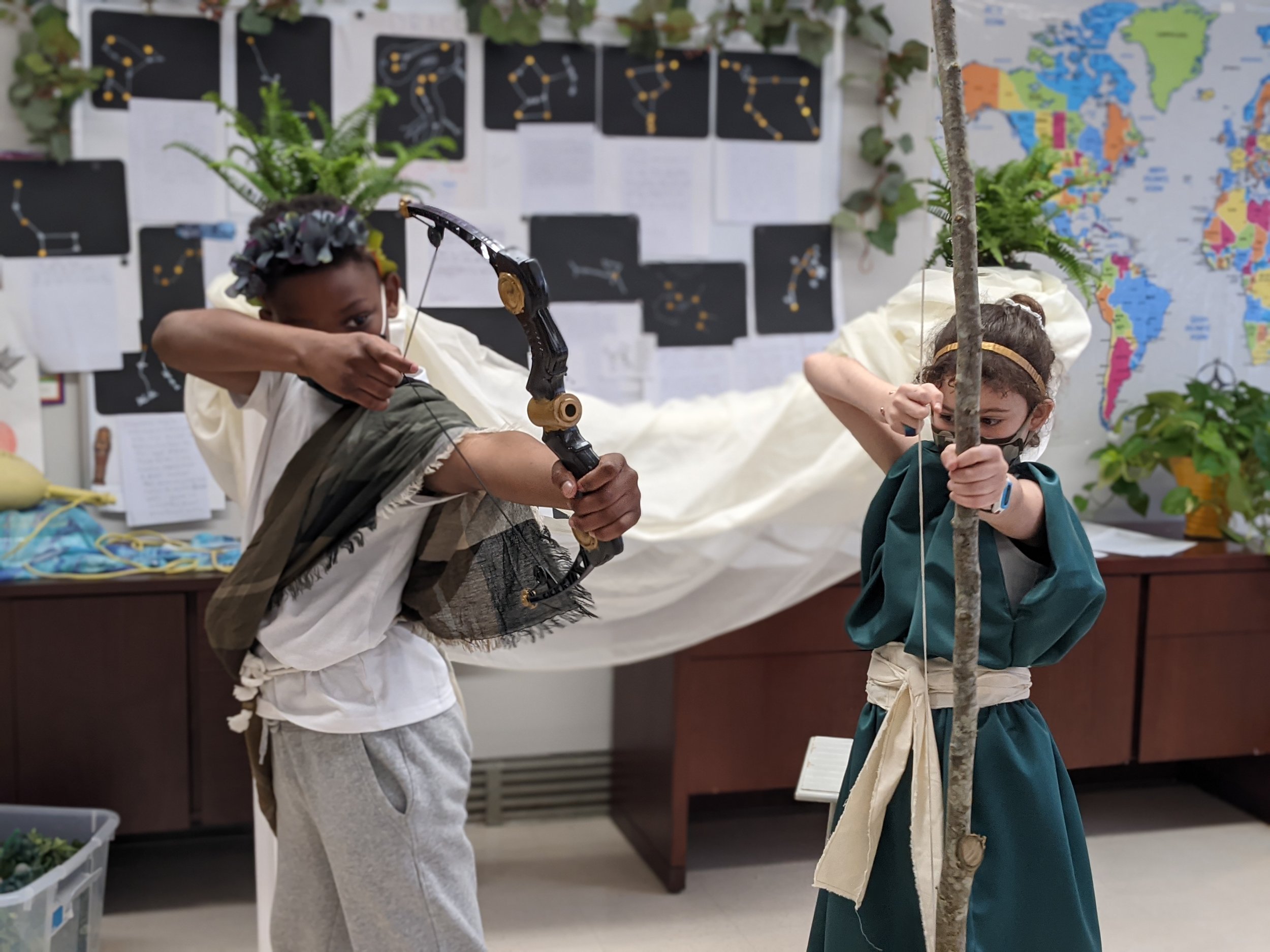All Truth Is God's Truth - The Study of History
By: Esther Powell, Faculty Mentor and Former 5th Grade Teacher
Part 1: Foundational Stones of Cambridge
Have you sometimes wondered why Cambridge School decided to make the study of history its basis for the curriculum? You may have noticed the well thought out scope and sequence, and appreciated that the study of history includes the arts, sciences, and religions of a given historic period. But, why? The answer is summed up in three ways of looking at history itself.
1. History is His Story
History is not a series of random events without beginning or end. The Bible begins “History” - time as we know it - with the creation account describing when God made all things good. When humankind decided to disobey God and were exiled from Eden, their idyllic home, God did not abandon his creation. From the beginning, he had a plan to be carried out in human history, to rescue human beings from their slavery to sin and to dwell among them. The hero of this story is Jesus.
“God has left much to be discovered by us. He wants us to discover the parts of the story which are not recorded in the scriptures.”
This is why many call human history–His Story. God is writing it. He includes both biblical and world history in His Story. The key to all human history— the true, the good, the beautiful, as well as the false, evil and ugly— is found in God’s book, the Bible. It is the mirror to which we can view all human history. While the Bible is a reliable account, it is not an exhaustive account of human history. God has left much to be discovered by us. He wants us to discover the parts of the story which are not recorded in the scriptures.
2. “His Story” and our place in it
Are you someone who likes to read the end of a story and then go back and find out what happened to bring it to that end? God has told us the end of His Story, and to some, that means there is little purpose for them in the story, since the end is already written. However, the message of the Bible reveals to us that our students, born at this present period of history, are an integral part of his unfolding story. Knowing that God knew them before they were born, gives purpose to their life and to their study of history.
A true study of history means that we consider the questions:
“Why am I here?”
“What am I to do?”
“Who am I becoming?”
God is not a disinterested author who, having completed his book, has nothing more to do with his story. God is intimately involved in the unfolding of history and in the unfolding of each student’s life.
The climax of God’s story is read in the historic events of the birth, life, suffering, death and resurrection of Jesus Christ. Paul wrote to the Ephesians that God, in the infinite riches of the grace which He has poured out on us, has drawn us into the mystery of his plan for history, “which he set forth in Christ as a plan for the fullness of time to unite all things in him, things in heaven and things on earth” (Ephesians 1:9-10).
This is what it means to be a Christ-centered school. We believe that Christ is Lord of history, and until he makes all things new, the story for us is not finished. The study of history opens the eyes of our students to see their relationship to Christ as more than a way to go to heaven some day, but to see that Christ is a part of their history here on earth. In making Christ the center of their lives, they can learn who they are to be and that God has purposes for their lives. We learn that we are all players in His Story.
3. “His Story” - All Truth is God’s Truth
When we study history at Cambridge School we include the study of the arts, literature, science and religion of that historic period. We call this “integral” learning, and it is based on the belief passed down from the early Church Fathers, that all true knowledge is revealed by God to all of humankind. To paraphrase their thoughts, we say that “all truth is God’s truth, wherever it is found.”
Revealed knowledge has coherence and meaning because it has one source. We teach in integral units of study with the hope of discovering the coherence which already exists. We learn how ideas in a period of history affect discoveries in science; how science influenced the shape of art and architecture; how religion enhanced or obscured the right use of discoveries; how literature of a period expresses cultural norms and reveals the dominant world view. No one subject can be fully understood in isolation, and history is the umbrella under which each fits most coherently.
In our study of history, we have the privilege of receiving secondhand what God has revealed to others in the past. It was Isaac Newton who said, “If I have seen further, it is from standing on the shoulders of giants.” Year after year we come to the same period of history in our classes with the anticipation of learning something more in His Story. We are like a jeweler who studies a diamond to discover its many facets. The meaning and purposes of God in history have endless facets to discover. Learning never ends, year after year, even though it will be studied in developmentally appropriate ways at the various age levels.
“Revealed knowledge has coherence and meaning because it has one source. ”





